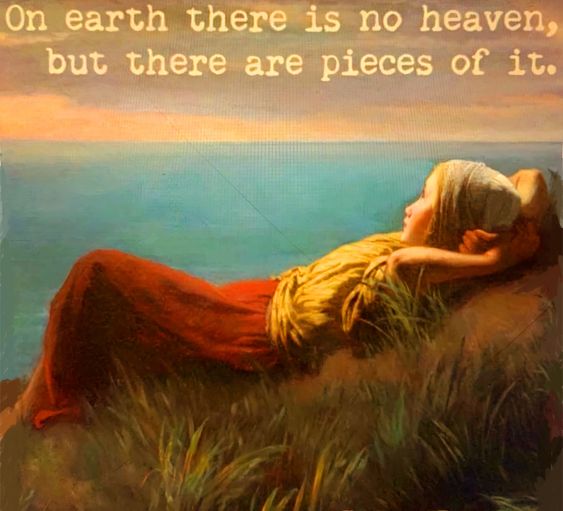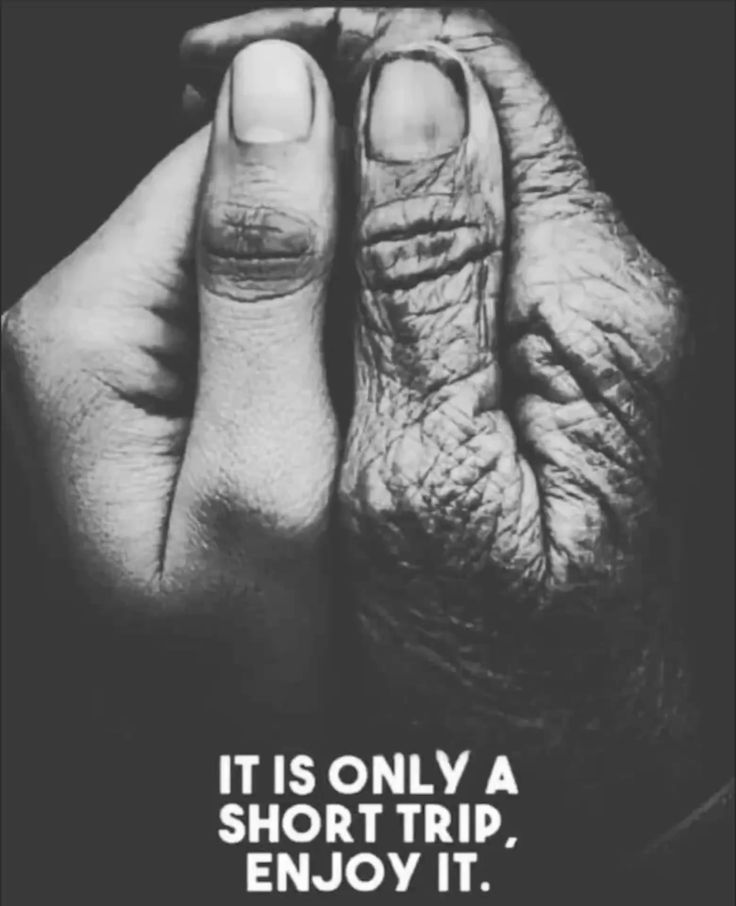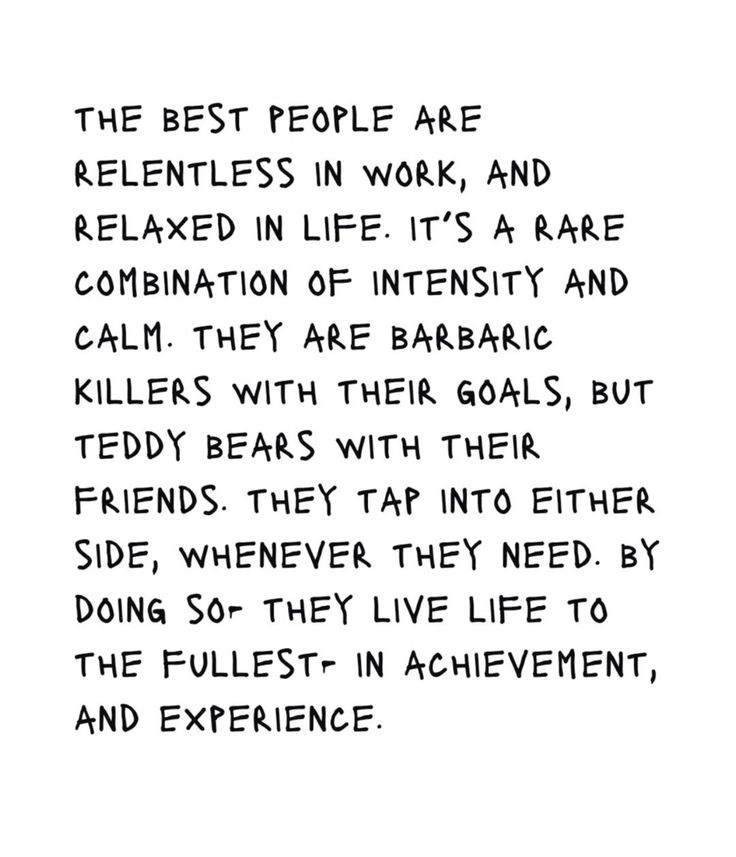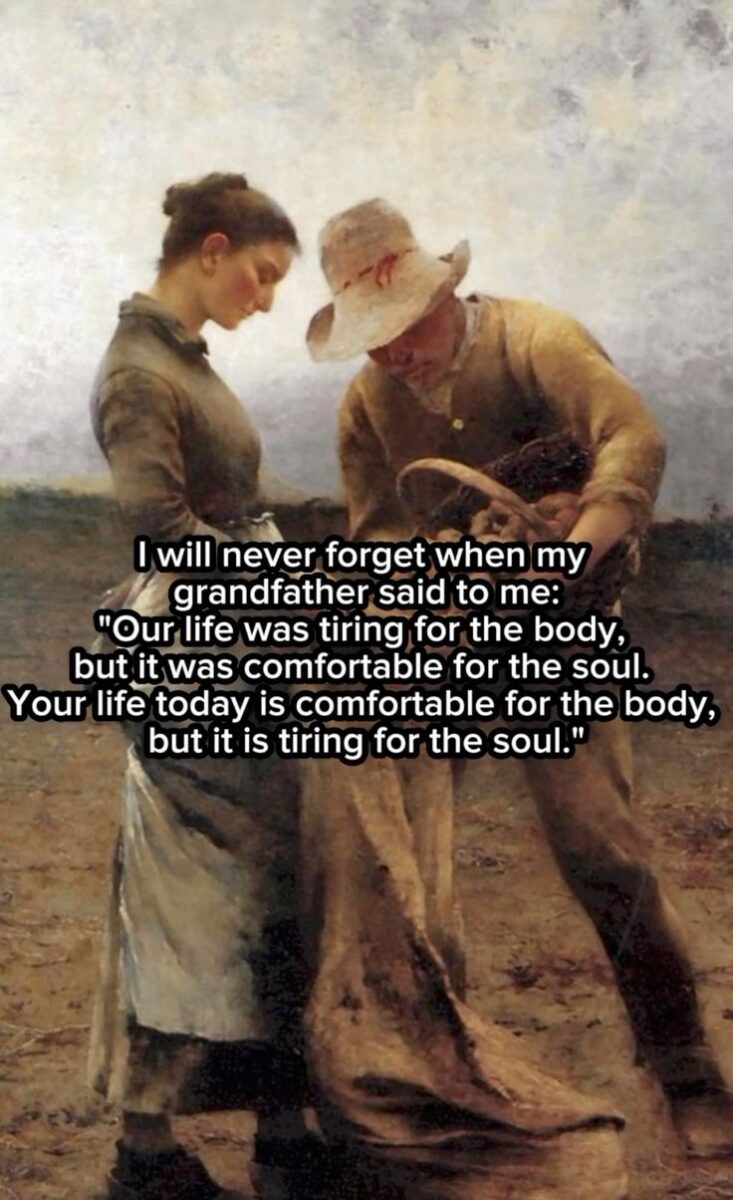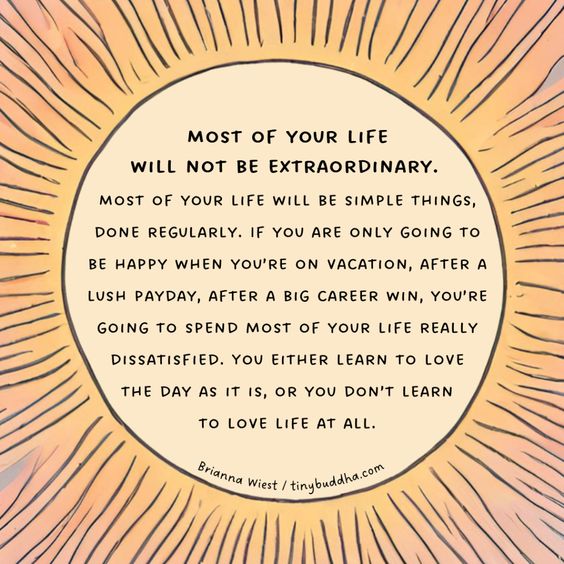“The grand essentials to happiness in this life are something to do, something to love, and something to hope for.”
Washington Burnap, via Ikigai (Page 111)
“There is, in fact, no word in Japanese that means retire in the sense of ‘leaving the workforce for good’ as in English. According to Dan Buettner, a National Geographic reporter who knows the country well, having a purpose in life is so important in Japanese culture that our idea of retirement simply doesn’t exist there.”
Héctor García and Francesc Miralles, Ikigai (Page 10)
Ikigai: The Japanese Secret to a Long and Happy Life [Book]
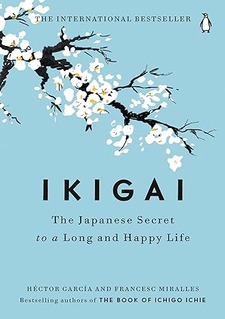
Book Overview: According to the Japanese, everyone has an ikigai—a reason for living. And according to the residents of the Japanese village with the world’s longest-living people, finding it is the key to a happier and longer life. Having a strong sense of ikigai—where what you love, what you’re good at, what you can get paid for, and what the world needs all overlap—means that each day is infused with meaning. It’s the reason we get up in the morning. In researching this book, the authors interviewed the residents of the Japanese village with the highest percentage of 100-year-olds—one of the world’s Blue Zones. Ikigai reveals the secrets to their longevity and happiness: how they eat, how they move, how they work, how they foster collaboration and community, and—their best-kept secret—how they find the ikigai that brings satisfaction to their lives. And it provides practical tools to help you discover your own ikigai.
Post(s) Inspired by this Book:
“One has to learn to be patiently relaxed, and then the miracle of miracles happens: One day when you are really relaxed, something suddenly changes. A curtain disappears, and you see things as they are. If your eyes are too full of desires, expectation, longing, they cannot see the truth. The eyes are covered with the dust of desire. All search is futile. Search is a byproduct of the mind. To be in a state of nonsearch is the great moment of transformation. All the meditations are just preparations for that moment. They are not real meditations but just preparations so that one day you can simply sit, doing nothing, desiring nothing.”
Osho, Everyday Osho (Page 283)
“I had to go through so much stupidity, so much vice, so much error, so much disgust and disillusion and distress, merely in order to become a child again and begin afresh. But it was right, my heart says yes, my eyes are laughing. I had to experience despair, I had to sink down to the most foolish of all thoughts, to the thought of suicide, in order to experience grace, to hear om again, to sleep properly again and to awaken properly again. I had to become a fool in order to find Atman in me again. I had to sin in order to live again.”
Hermann Hesse, Siddhartha (Page 85)
“The potter’s wheel, once set in motion, keeps spinning and spinning, and only gradually slackens and comes to a halt; and likewise, in Siddhartha’s soul, the wheel of asceticism, the wheel of thinking, the wheel of discrimination had kept turning and turning, was still turning, but was now sluggish and hesitant and on the verge of halting. Slowly, the way moisture creeps into the dying tree stump, slowly filling it and rotting it, worldliness and slothfulness had crept into Siddhartha’s soul; slowly they filled his soul, made it heavy, made it weary, lulled it to sleep.”
Hermann Hesse, Siddhartha (Page 68)
“At times he heard, deep in his breast, a soft and dying voice that admonished softly, lamented softly, barely audible. Then for an hour he was aware that he was leading a strange life, that he was doing all sorts of things that were merely a game, that he was cheerful, granted, and sometimes felt joy, but that real life was flowing past him and not touching him. Like a juggler juggling his balls, he played with his business, with the people around him, watched them, enjoyed them; but he never participated with his heart, with the wellspring of his being. The wellspring ran somewhere, as if far from him, ran and ran, invisible, having nothing to do with his life. And sometimes he was startled by such thoughts and wished that it could be granted him to participate with passion and with all his heart in the childlike doings of the day, to live really—to act really, to enjoy really, and to live really instead of merely standing on the side as a spectator.”
Hermann Hesse, Siddhartha (Page 63)
“Your reason and your passion are the rudder and the sails of your seafaring soul.
Kahlil Gibran, The Prophet (Page 47)
If either your sails or your rudder be broken, you can but toss and drift, or else be held at a standstill in mid-seas. For reason, ruling alone, is a force confining; and passion, unattended, is a flame that burns to its own destruction.
Therefore let your soul exalt your reason to the height of passion, that it may sing;
And let it direct your passion with reason, that your passion may live through its own daily resurrection, and like the phoenix rise above its own ashes.”
“The lust for comfort murders the passion of the soul, and then walks grinning in the funeral.”
Kahlil Gibran, The Prophet (Page 30)
“You will never find one answer to what makes you happy. There are many answers, and they change based on your current state. People need to relax, but if all you do is sit on the beach, it gets old. People find meaning in work, but if all you do is work, it gets exhausting. People benefit from exercise, but if all you do is exercise, it gets unhealthy. Happiness will always be fleeting because your needs change over time. The question is: what do you need right now?”
James Clear
The Prophet [Book]
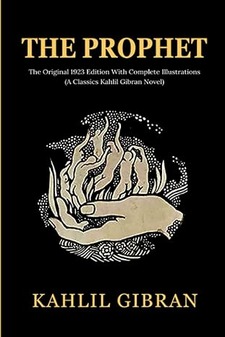
Book Overview: Kahlil Gibran’s masterpiece, The Prophet, is one of the most beloved classics of our time. The Prophet has been translated into over 100 different languages, making it one of the most translated books in history and the American editions alone have sold more than nine million copies. The Prophet is a collection of poetic essays that are philosophical, spiritual, and, above all, inspirational. Gibran’s musings are divided into twenty-eight chapters covering such sprawling topics as love, marriage, children, giving, eating and drinking, work, joy and sorrow, housing, clothes, buying and selling, crime and punishment, laws, freedom, reason and passion, pain, self-knowledge, teaching, friendship, talking, time, good and evil, prayer, pleasure, beauty, religion, and death.
Post(s) Inspired by this Book:
